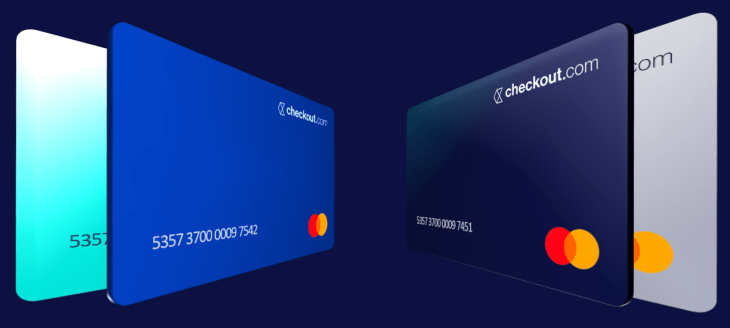Fintech startup Checkout.com is better known for its payment processing service, but the company is launching a new product today: its customers can now create payment cards for their own customers.
The company has been testing Checkout.com Issuing for a while, and millions of cards have already been created with the new service. Checkout.com supports physical cards as well as virtual cards that can be used multiple times or can be set to be disabled after the first payment.
For instance, Jow, a meal planning app that creates a list of ingredients to buy for you, has been using Checkout.com Issuing to create single-use virtual cards that can be used to purchase groceries at a partner company.
Checkout.com says that its issuing product doesn’t rely as much on integrations with third-party companies compared to other fintech companies. This should give it more flexibility for generating new cards on the fly.
This also means Checkout.com cards can work hand-in-hand with other parts of the company’s service. For instance, customers can easily create custom rules to automate fund movement so that cards can have specific amounts of cash.
Issuing also represents a business opportunity for fintech companies. When someone pays with a card, the card transaction fees are split between the merchant’s bank, the card scheme (Visa or Mastercard, for example) and the card issuer (Checkout.com in this case). Checkout.com will split its portion of the interchange fees with its own clients.
“Card issuance and embedded finance have exploded over the past few years as sectors like online travel, marketplaces and digital banking use payments to stay at the heart of their customers’ financial lives. Checkout.com Issuing is built on open, flexible APIs that mean businesses can create purpose-built card programmes, enhance cash flow and unlock new revenue opportunities,” the company’s CPO, Meron Colbeci, said in a statement.
So who’s going to use Checkout.com Issuing? On-demand delivery companies like DoorDash or Uber Eats rely on cards issued by companies like Marqeta so their delivery partners can buy groceries or food without using their own personal funds.
Many industries are also leveraging card issuing to make instant payments across a variety of merchants. As long as the merchant accepts card payments, the card can act as the payment interface. Examples include travel agencies, insurance companies, expense management platforms and more.
